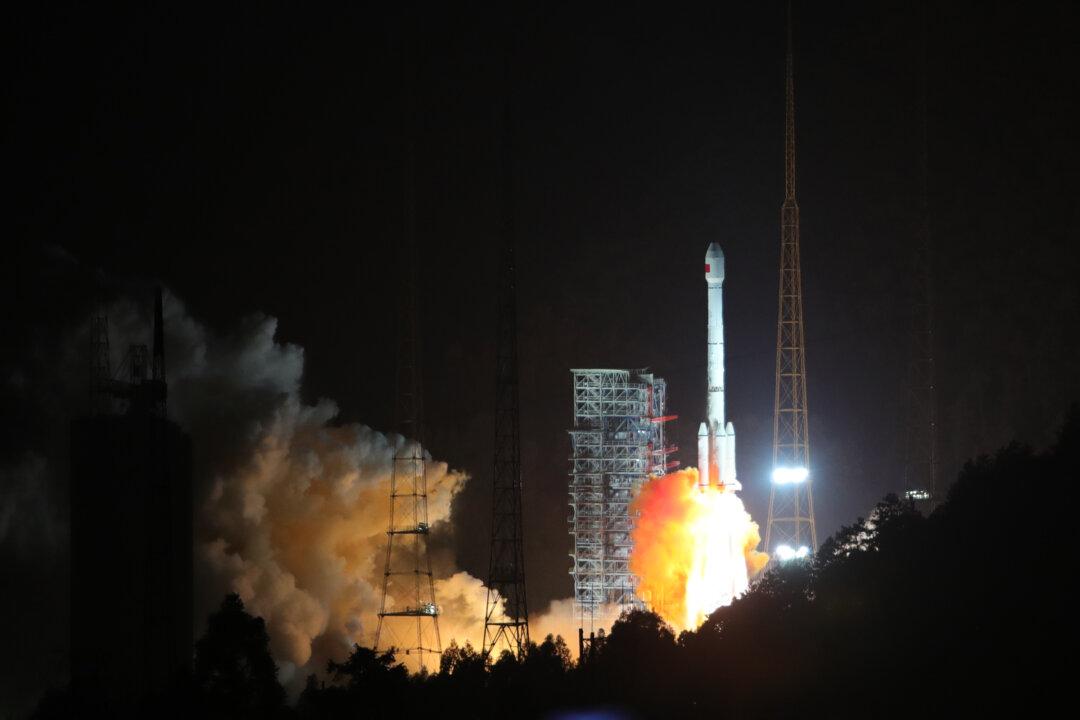Air Force Space Command Gen. DeAnna Burt warned defense contractors that China cyber-theft is “stealing us blind” in the $17.5 billion space and ground control contracts.
As Director of Air Force Space Command (AFSPC) operations and communications, General Burt is responsible for the management and development of integrated air, space and cyberspace operations since December 2018. She cautioned at a July 18 meeting of America’s top defense contractors about the risks from China’s cyber warriors that are routinely penetrating U.S. space contractor networks to steal top-secret data.





